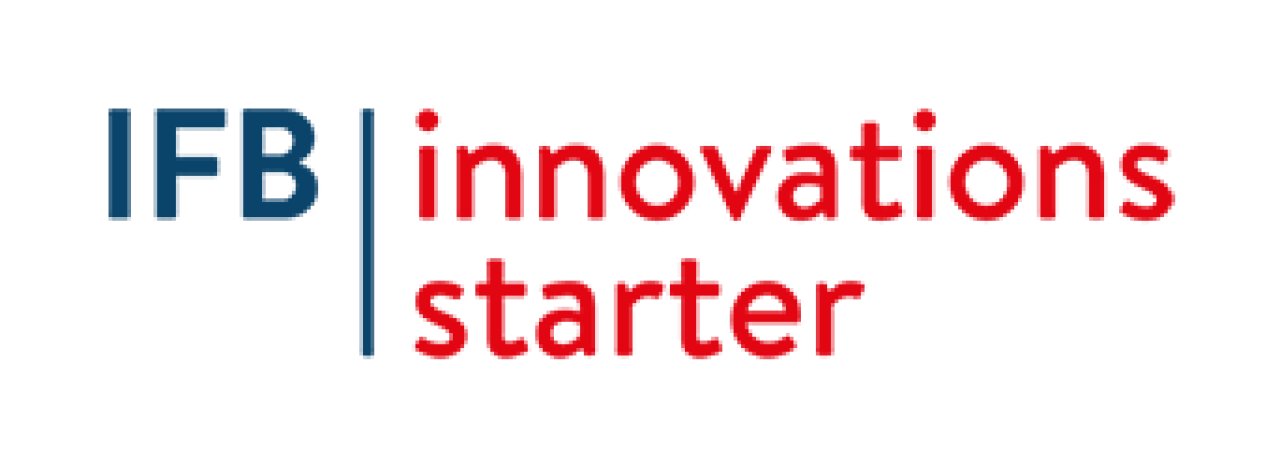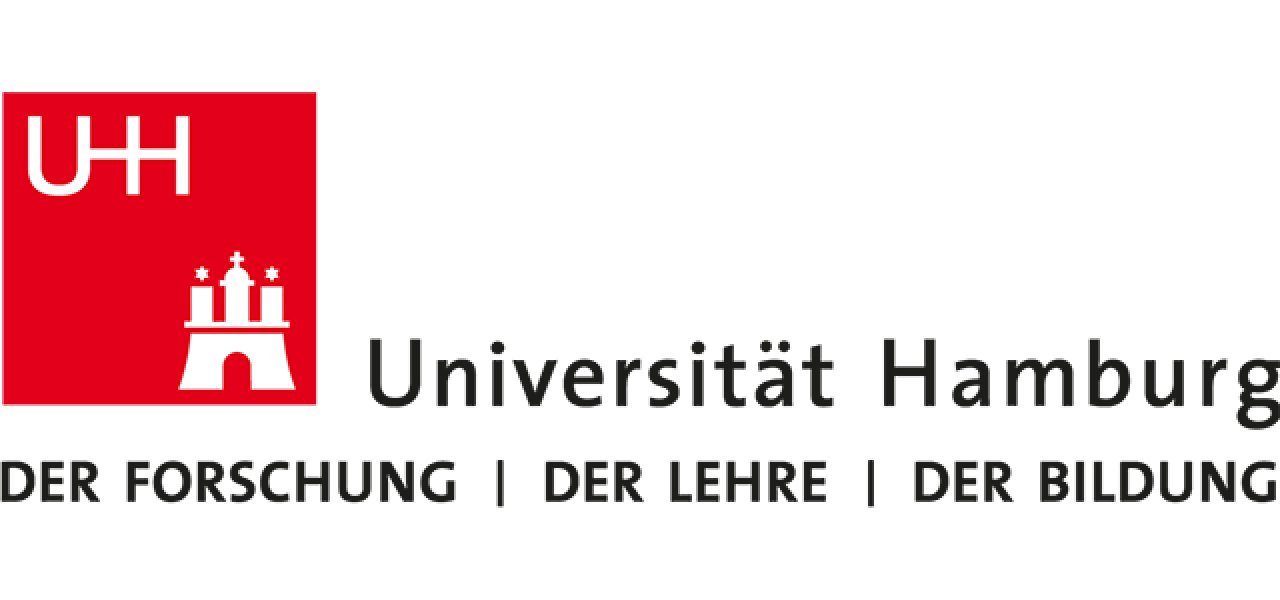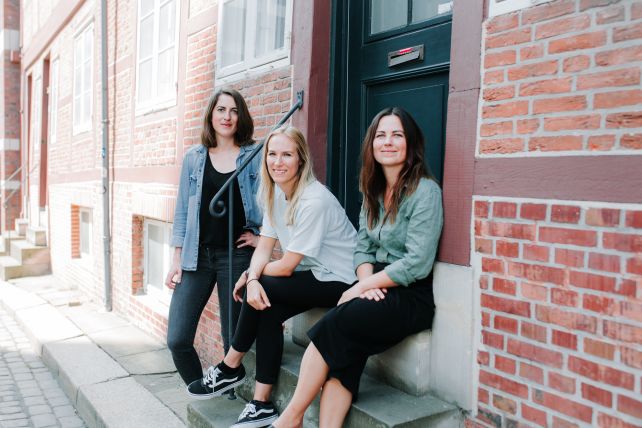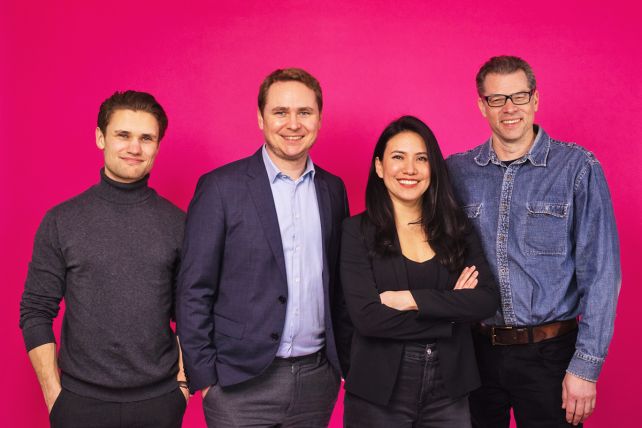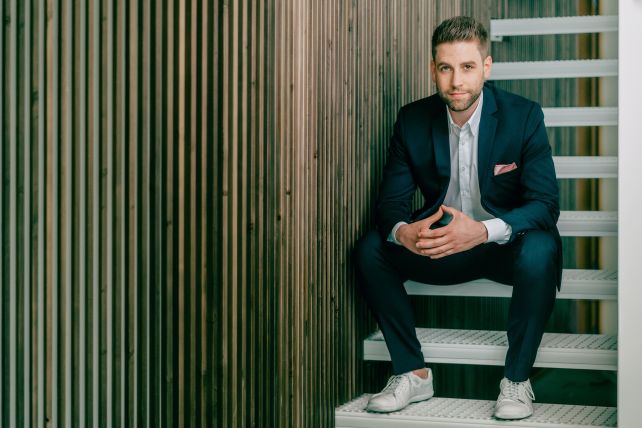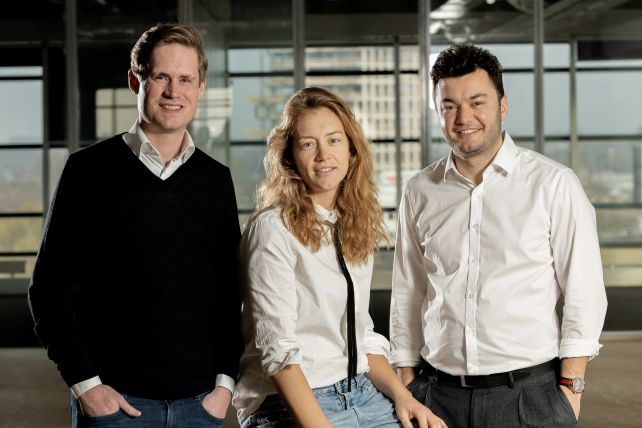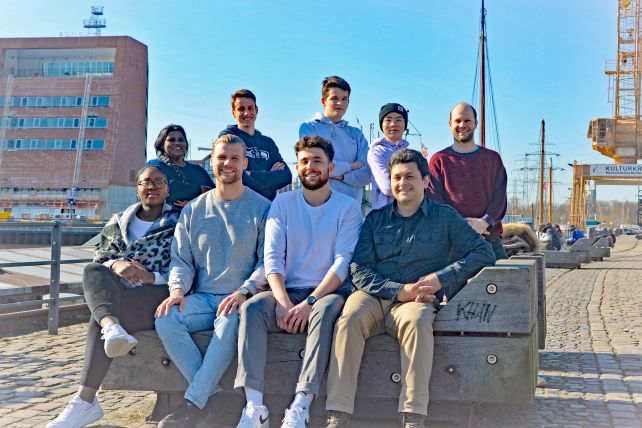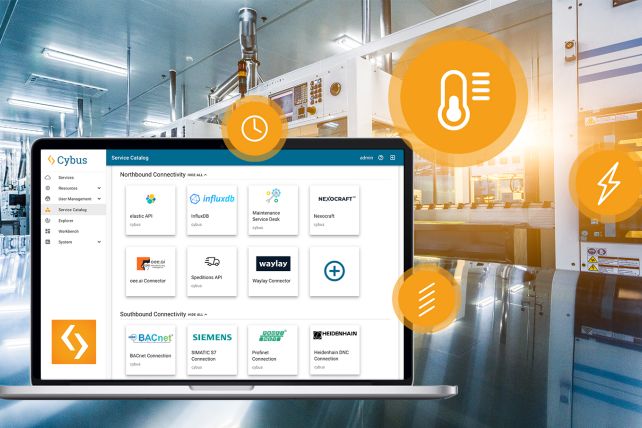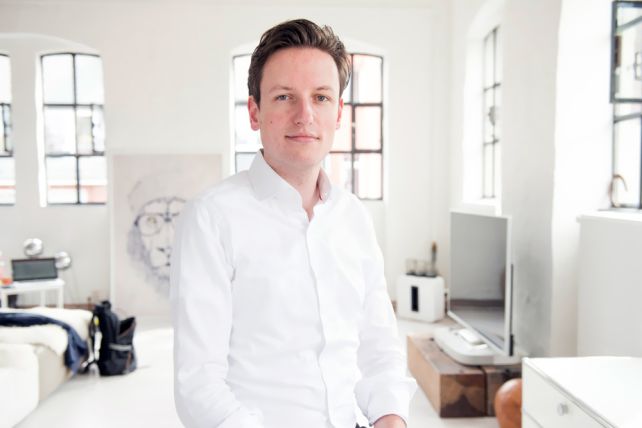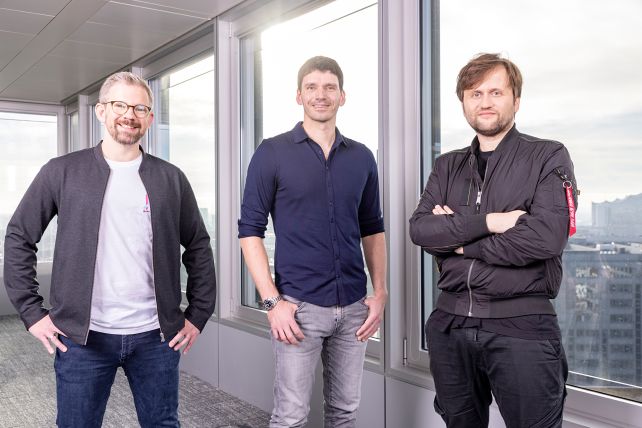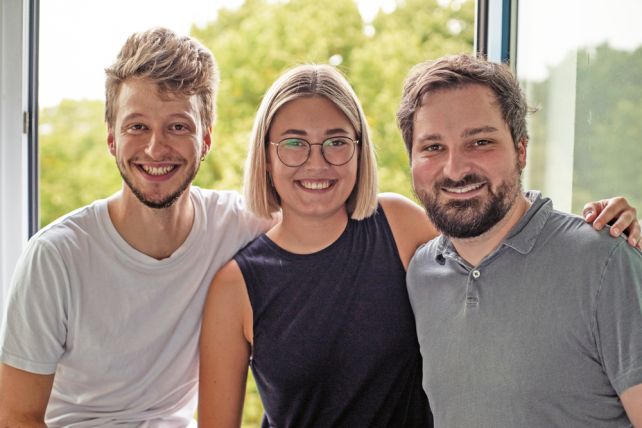Speed Kit makes websites faster
In the Internet age, the attention span has continuously decreased. Nowadays, it is no longer seconds but fractions of a second that determine the sales success of online shops. The Hamburg-based startup Speed Kit takes this into account and reduces the waiting time on websites to a minimum.
The history of Speed Kit, which was called Baqend for the first few years, can be traced back to 2010. Its roots lie in a series of Bachelor's and Master's theses from the Department of Computer Science at the University of Hamburg. From the beginning, the question was how to shorten the loading times of websites, but the approach as well as the target groups changed over time. The original idea was to speed up cloud databases and to enthuse software developers with it.
It was already clear at the beginning of 2014 that Baqend was to be more than just a university project, because that was when the startup was officially founded. After that, the team around computer scientists Felix Gessert (CEO) and Florian Bücklers (CTO) remained largely hidden for about two years. Felix made his first appearance in front of a larger audience in January 2016 at a pitch organised by Hamburg Startups. There, startups were being sought to become part of a Hamburg delegation at the SXSW Festival in Austin, Texas.

Pitching is an art that can be learned
The presentation left large parts of the audience somewhat perplexed. Most of them had certainly heard the story about the dwindling attention span of humans, which is said to be shorter than that of goldfish. How meaningful this comparison is, is anyone’s guess, but in any case it is easy to understand. The first Baqend pitch, on the other hand, got lost in too many technical details, and the ticket to Texas was bought by others. But the real IT experts were already sure back then: this is going to be big!
In September 2016, it became clear how much the way of presentation can determine the success or failure of a startup. The Startups@Reeperbahn Pitch was again about a trip to the SXSW Festival, and since the competition took place at the Gruenspan music club as part of the Reeperbahn Festival, the audience was not only larger than at the first appearance, but also more mixed. Hence the aim was to convince on as many levels as possible. So founder Felix started with a dramaturgical trick and apparently failed when trying to quickly call up a website. But that was only to illustrate how annoying such a delay can be.
Next, he used a practical example to describe how helpful Baqend's services can be. Startups appearing on the TV show "Die Höhle der Löwen" regularly had problems at that time because their websites could not cope with the short-term rush. Thanks to Baqend, the provider of an innovative fitness towel did not have these difficulties and was able to serve all customer requests. This also made sense to the laymen, and Felix was able to answer the questions from the expert jury with aplomb. The reward: both the jury and the audience award.

Baqend becomes Speed Kit
Following this success, Baqend was able to attract its first investors. Previously, the company had received support from an EXIST startup grant in 2014 and funding from the InnoRampUp programme of IFB Innovationsstarter GmbH in 2015. Now a number of business angels showed great interest. Jens Schuhmann (founder of the lottery website Tipp24) and serial founder Martin Dräger finally got on board. They brought Baqend not only financial security, but also entrepreneurial know-how.
2017 became a year of growth and transition for the startup. Less than a year after winning the Startups@Reeperbahn pitch, the number of team members had grown from five to 13. This necessitated a move from the University of Hamburg, where the company was still based, to its own offices. Much more decisive, however, was the reorientation of the software. Whereas the offer was previously called "Backend-as-a-Service", which also explains the business name, the new software solution was aimed directly at the page construction, i.e. the frontend. Therefore the new name Speed Kit came about, which is now communicated exclusively to the outside world.
Technically, this is all still complex, but the basic principle is easy to explain. Usually, when loading a website or app, the slowest element determines the complete time required. Most elements are more or less unchanging and can therefore be built up more quickly than the few variable page elements. Speed Kit now ensures that these fast-loading elements set the pace. The resulting time savings are by no means trivial, as the startup's own surveys document.
According to this, every tenth of a second saved brings 1-2% more conversion, meaning the willingness to take the next step online. As a consequence, this can lead to greater interest in buying, a more lavishly filled shopping basket or a greater likelihood of returning to an online shop. Another metric Speed Kit cites in his argument is largest contentful paint (LCP), the point at which a web page becomes visible with its main content. The sporting goods retailer Decathlon, for example, has accelerated this LCP by 28 % thanks to Speed Kit. This is not only relevant for customer satisfaction, the score also plays an important role in Google ranking.

Speed is not everything when it comes to business growth
All the points mentioned are particularly important for e-commerce, which is why this sector accounts for 80 % of the clientele. But BMW is also one of the more than 100 large companies that have had their websites accelerated by Speed Kit. New business is now concentrated on providers who achieve at least one million page impressions per month. The 10,000 or so smaller customers who formed the basis for the startup's success will, of course, continue to receive support.
Profitability and steady but cautious growth are part of Speed Kit's self-concept. The startup got by without any major financing rounds; only the Cologne-based venture capitalist STS Ventures is invested with an amount in the millions. The motto "Everything in its own time" also applies to the topic of internationalisation. Germany still offers a lot of potential, the first steps have already been taken in Europe and the USA remains a test market for the time being.
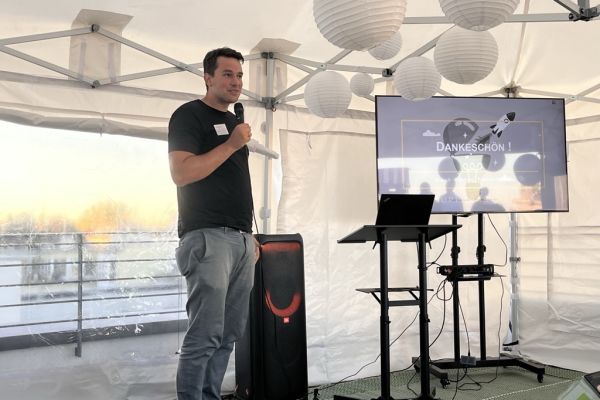
Speed Kit still wants to move up a gear and passes on its knowledge
But this does not mean that Speed Kit does not have grand plans. When it comes to loading time, the startup can't go fast enough. A process called "predictive preloads" is already quite advanced in development. Here, the software calculates which user behaviour is most likely as the next step and keeps the corresponding page elements ready in the background. In the long term, less than 100 milliseconds should be needed to load a page, which the human mind no longer perceives as a delay. It is also planned to offer a complete solution for website optimisation; after all, Speed Kit has a huge wealth of data and experience at its disposal.
By now, the startup employs around 80 people, and even though remote work is becoming more and more important, Hamburg remains the centre of Speed Kit. With almost ten years of experience as entrepreneurs, the founders organised a Meetup for the first time this year to share their knowledge. After all, they still lacked a lot of know-how at the beginning (not only in terms of the most effective pitch), so they are well placed to put themselves in the shoes of up-and-coming entrepreneurs. The interest is definitely there, more than 100 guests came to the premiere event. Maybe some of them will soon write the next success story.


